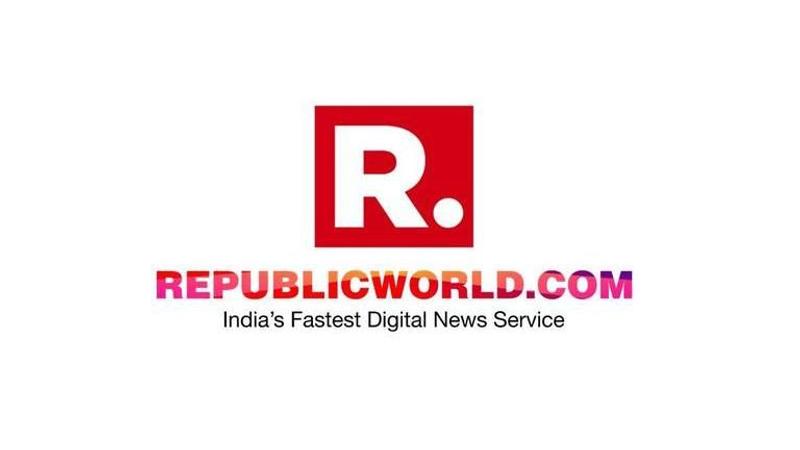Published 12:27 IST, February 8th 2020
Russian foreign minister visits Venezuela, bolstering Maduro
Russia’s foreign minister visited Venezuela on Friday in a show of support for President Nicolás Maduro as U.S. vows of more pressure threaten to cut off the socialist leader from a key financial ally in Moscow.

Russia’s foreign minister visited Venezuela on Friday in a show of support for President Nicolás Maduro as U.S. vows of more pressure threaten to cut off the socialist leader from a key financial ally in Moscow.
Foreign Minister Sergey Lavrov’s stop in Caracas follows a trip by Venezuelan opposition leader Juan Guaidó to Washington, where officials in the Trump administration say they’re preparing to escalate efforts to force out Maduro.
The Russian diplomat urged the international community to back a “political and diplomatic” solution to Venezuela’s troubles and denounced the U.S. campaign to oust Maduro with sanctions and other measures.
“Sadly, Venezuela’s crisis is part of a grand campaign with the end goal of overthrowing the legitimate government,” Lavrov said. ”We consider this scenario unacceptable.”
Even as Lavrov was in Caracas, the Trump administration unveiled fresh sanctions against a fleet of commercial planes belonging to the Venezuelan state-owned CONVIASA airlines.
U.S. Treasury Secretary Steven T. Mnuchin said in a statement that the “illegitimate Maduro regime” relies on the airline “to shuttle corrupt regime officials around the world to fuel support for its anti-democratic efforts,” noting countries such as North Korea, Cuba and Iran.
U.S. o fficials said that the Trump administration will soon decide whether to impose penalties on Russia’s powerful state oil company Rosneft, an important financial lifeline to Maduro.
Guaidó has been embraced in Washington by Republicans and Democrats. His international tour also took him to Colombia, across Europe and to Canada, where he rallied support among world leaders.
President Donald Trump reaffirmed his support for Guaidó, recognizing him this week in the State of the Union address as Venezuela’s “true and legitimate” leader and calling Maduro a “tyrant.” Trump next welcomed Guaidó to a coveted Oval Office meeting.
The gesture bolstered Guaidó as support back home fades a year after he rose to the center of Venezuela’s tumultuous political landscape, vowing to oust Maduro and end the oil-rich nation’s political and financial crisis.
The U.S. and nearly 60 nations back Guaidó, saying Maduro claimed victory in fraudulent elections in 2018. Maduro remains in power with backing from the Venezuelan military and allies including Cuba, China and Turkey.
Russia and Venezuela have a political, military and economic alliance that was cemented years ago between President Vladimir Putin and the late-President Hugo Chávez, Maduro’s predecessor.
The Russians have provided the South American nation with substantial assistance, including an air defense system and help circumventing U.S. sanctions on their oil industry, but insist the extent of their support has been exaggerated by American officials.
Lavrov also met with Maduro and other Venezuelan officials to talk about cooperation in areas including energy, mining, agriculture, medicine and military-technical cooperation.
“It is important to develop our military technical cooperation to increase the defense capacity of our friends against outside threats,” said Lavrov, adding that Maduro will travel to Moscow in May.
Lavrov also appeared at a meeting with members of Maduro’s government and minority opposition parties participating in a dialogue promoted by the socialist administration. The U.S. and Guaidó reject the talks that do not include major opposition leaders like Guaidó.
Lavrov said he was convinced that the parliamentary elections planned for this year are “the only possibility for political radicals” not to lose the place in Venezuela’s political future.
Moscow insists that Maduro’s government should not be excluded from any dialogue about a solution to Venezuela’s problems.
“We want everyone to comply with their international duty to resolve all disputes through peaceful means,” Lavrov said. “Venezuela’s crisis should be solved through political and diplomatic measures.”
Updated 12:27 IST, February 8th 2020




